The thickness of vapor retarding latex paint - Is measurement wet or dry?
I am applying a vapor retardent latex primer to my concrete basement floor and would like to know if one coat is thick enough. The thickness cited in an ecohome article was 0.00031. The technical data for the paint has a wet thickness that matches the article but a much smaller dry thickness.
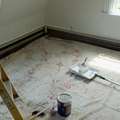


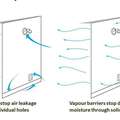



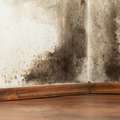
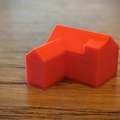
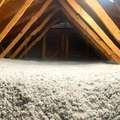




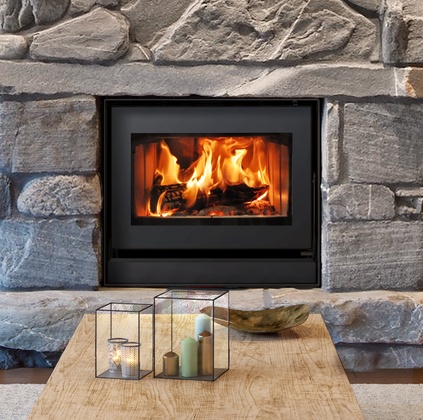

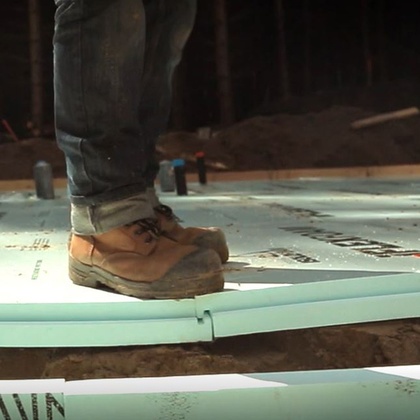
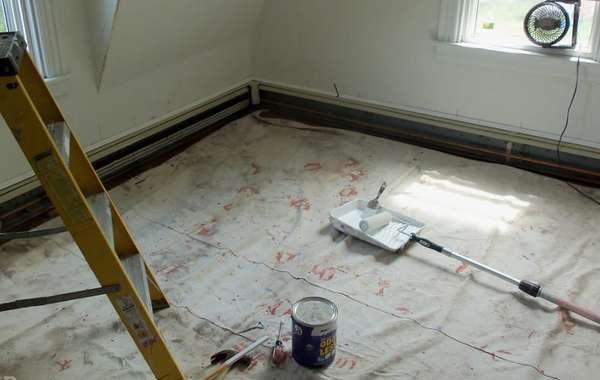
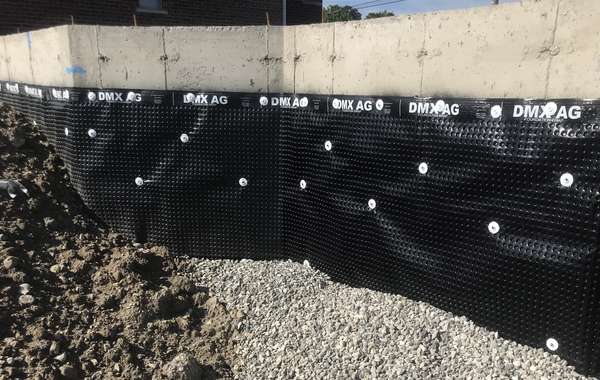
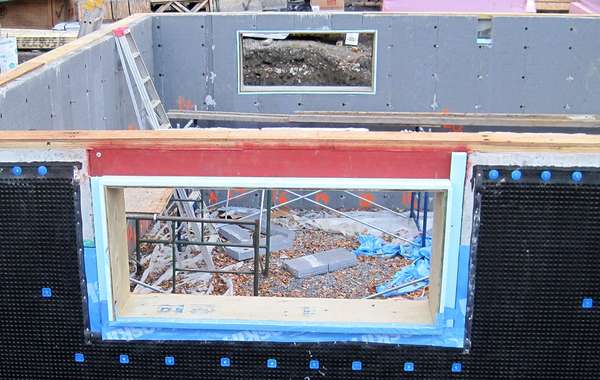
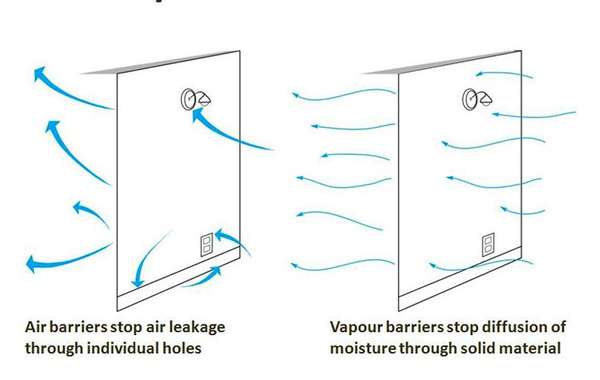
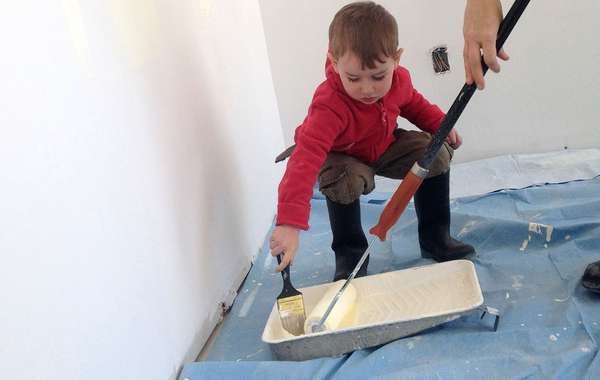
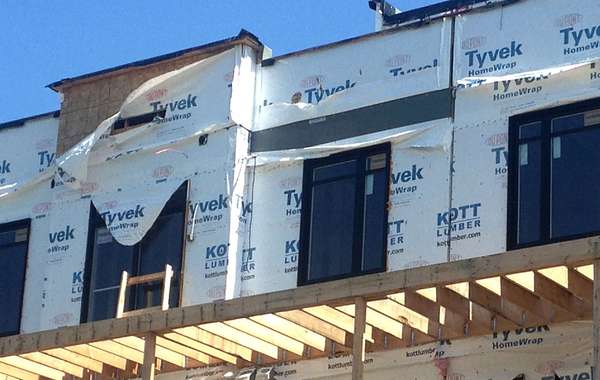
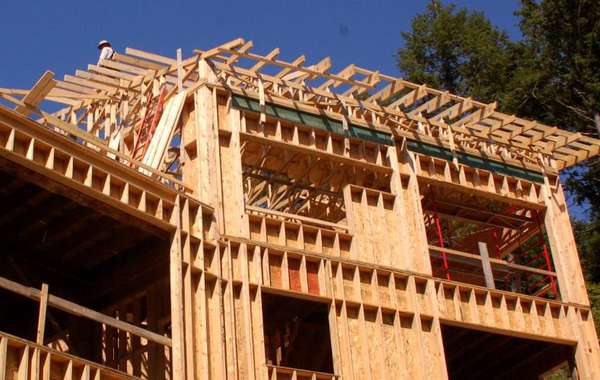
When we used a vapor retarder primer (vapor barrier paint) in our Edelweiss LEED Platinum Demo House instead of a 6 mil poly vapor barrier, it was for the walls not the floor. As for thickness, that is what we would call a bit of a concern with using it as a vapor barrier, it is harder to be sure there is consistency of coverage. Ours didn’t need a lot of moisture protection on the walls due to it’s construction, you can see more about the wall we build with vapor barrier paint here –
Building science of walls in cold climates– video
So I’m wondering, what are you using it for on the floor? I ask for a couple of reasons – if you aren’t putting anything else on top of it, would it not be subject to wear? If So I’d be using several coats probably. If you plan to put flooring on top of it, would you not be better with a standard 6 mil (or more) polyethylene vapor barrier? Vapor barrier paint is a great option when you want vapor protection, but also some ability of walls to dry to the interior during certain conditions. I can’t think of any condition when you would want moisture to escape from the floor, so I must be missing something…
I'll be putting latex floor paint over the vapor barrier primer. Since the house I recently moved into has an open stairwell to the basement, there is a musty / mildew smell. I've foamed and put 6 mil poly in the open crawlspace connected to the basement and painted the bare concrete walls with drylok. The floor was painted with latex, so I couldn't use the drylok floor paint. The latex vapor barrier paint seemed like a reasonable option.
I wouldn’t be comfortable weighing in too much for or against, I’m just not sure how well it will work since it really isn’t the intended purpose. Not to say it won’t work, but if it’s a really damp floor I wonder how well the paint will hold or if it will end up chipping or something. It isn’t a bad idea as a starting place since it’s a pretty cheap way to try to solve the problem, but you may get better insight from checking with a manufacturer. You may also want to check with a paint or floor finishing store to see if they have ideas too. Worst case scenario is that it doesn’t work, and from there maybe you may have to do an actual poly vapor barrier and a floating floor of some kind. How old is the house? I’m just wondering if there may be a vapor barrier under the concrete if its reasonably new, if its pretty old there wouldn’t be, so it would be a lot more humid and that may affect how well it works.
I assume you've already gone the dehumidifier route? That's the first step to instantly lowering basement humidity, just mentioning it in case you don't have one.